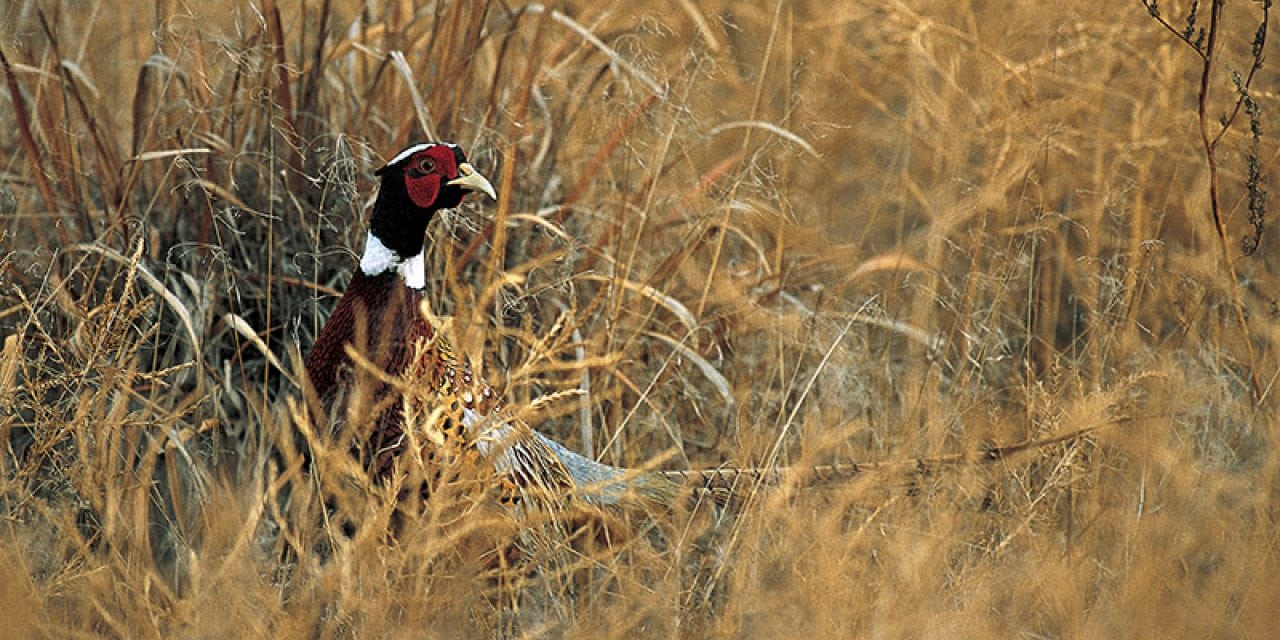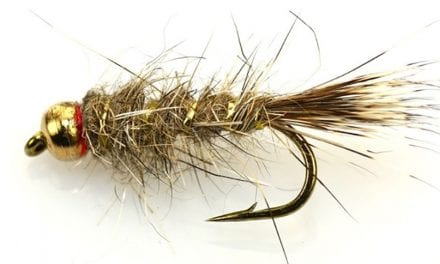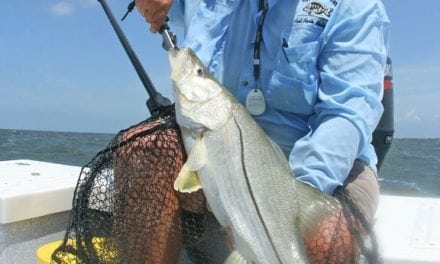You’re a hunter. You’re an angler. Or, perhaps you’re both like me. Maybe, you’re even a trapper.
You know that you are the principal contributor, the main backer of wildlife conservation, management, habitat enhancement and protection in our country. You know that hunters and anglers were the driving forces behind the North American Model of Wildlife Conservation, a set of wildlife management and conservation principles established more than a century ago that declare fish and wildlife belong to all Americans, and that they need to be scientifically managed in a way that their populations will be sustained. You know that a “user-pays, public-benefits” American System of Conservation Funding was created through the enactment of the Pittman-Robertson and Dingell-Johnson Acts.
But there aren’t as many of us as there used to be, which means there isn’t as much financial support for conserving our game species.
Enter R.A.W. A.
R.A.W.A. stands for Recovering America’s Wildlife Act. Nebraska Congressman Jeff Fortenberry and Michigan Congresswoman Debbie Dingell introduced a bill to fund state wildlife conservation using existing mineral and energy royalties from federal lands and waters. If passed, the bill, named Recovering America’s Wildlife Act (H.R. 4647), would invest in proactive, voluntary, incentive-based habitat conservation projects with private landowners. Up to $1.3 billion annually would be allocated to state wildlife agencies, with an estimated $18 million coming to Nebraska! There would be a 25 percent match contributed by individual states and territories. Those of us who hunt, fish and trap really need to get behind this important piece of legislation because we will all gain from it!
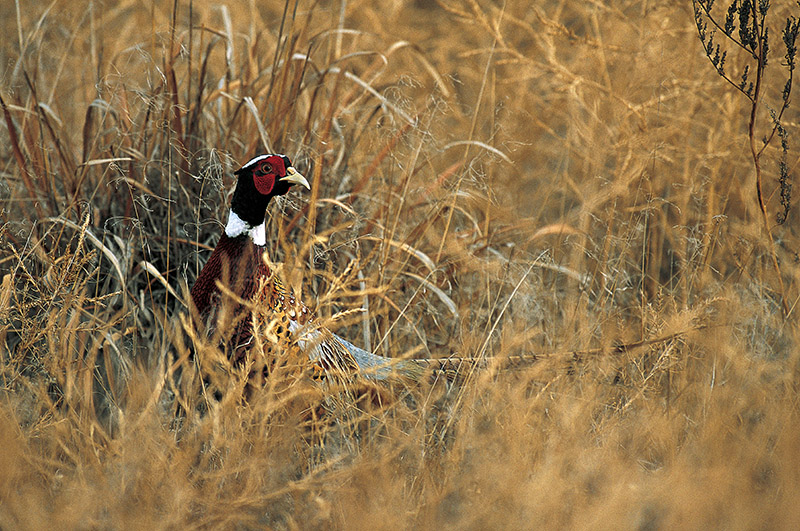
Let’s examine how.
If the bill passes, the Recovering America’s Wildlife Act will have a tremendous impact nationwide and statewide on wildlife and people. Not since the North American Model of Conservation and Pittman-Robertson and Dingell-Johnson Acts have we had an opportunity to pass legislation of such major importance to ensure the future of healthy fish and wildlife populations, than now.
In Nebraska, we would expand wildlife habitat restoration work with private landowners across the state, especially in biologically unique landscapes. For example, in the Loess Canyons, the Game and Parks Commission would continue to collaborate with landowners and Pheasants and Quail Forever to remove invasive cedar trees and restore grasslands. Together, a landscape system would be designed in which landowners can safely perform prescribed burns. These burns improve grassland health for the pollination process, grazing of livestock, cedar tree invasion prevention and provide much needed habitat for declining grassland birds, including the ring-necked pheasant and bobwhite quail. These successful efforts would be duplicated elsewhere in the state!
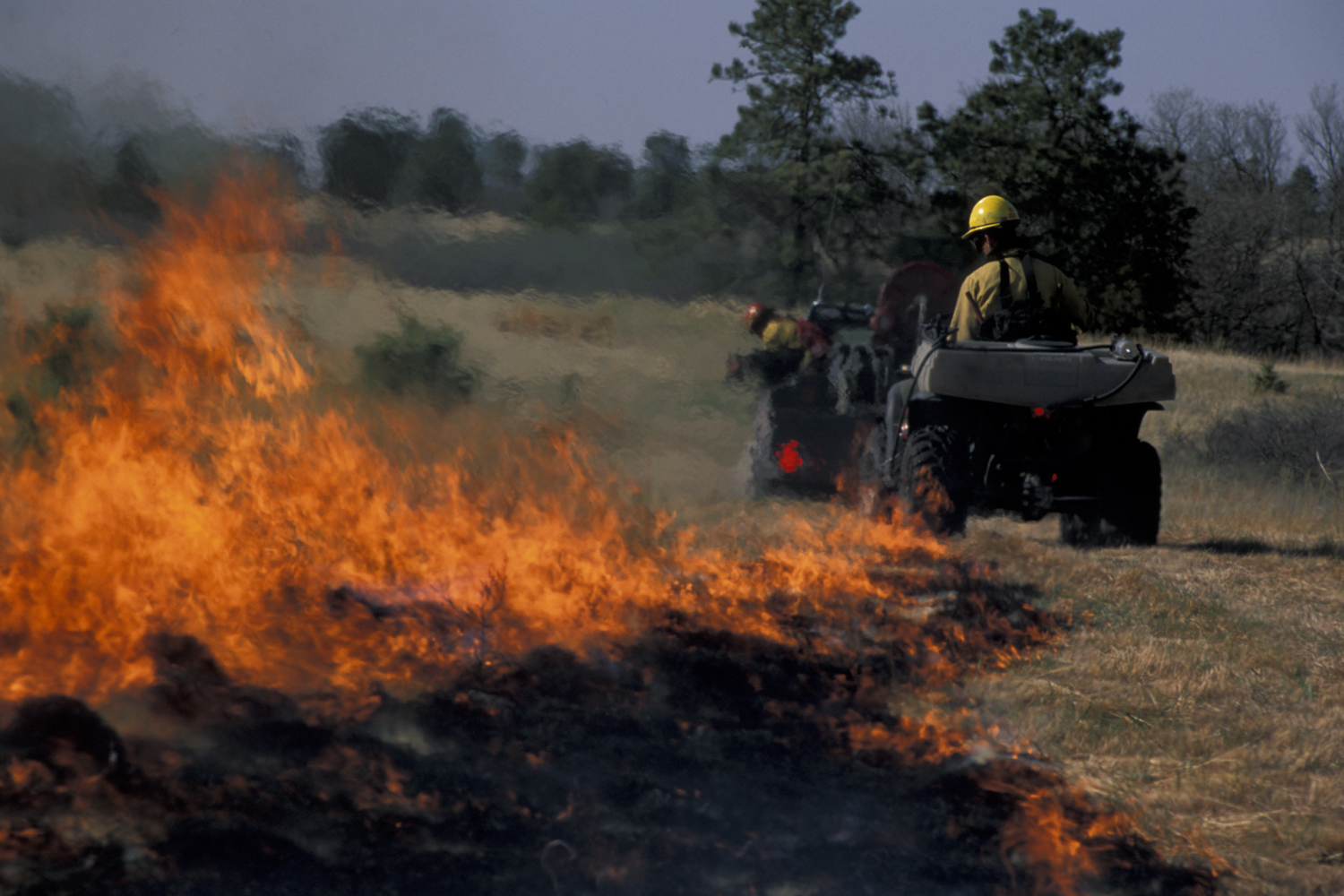
Wetlands would be restored with R.A.W.A. This will directly benefit waterfowl and furbearing animals for more and better hunting and trapping opportunities. Partnered with organizations like Ducks Unlimited, Game and Parks will continue to work together to improve wetlands, but with this funding source, restoration efforts could be greatly expanded.
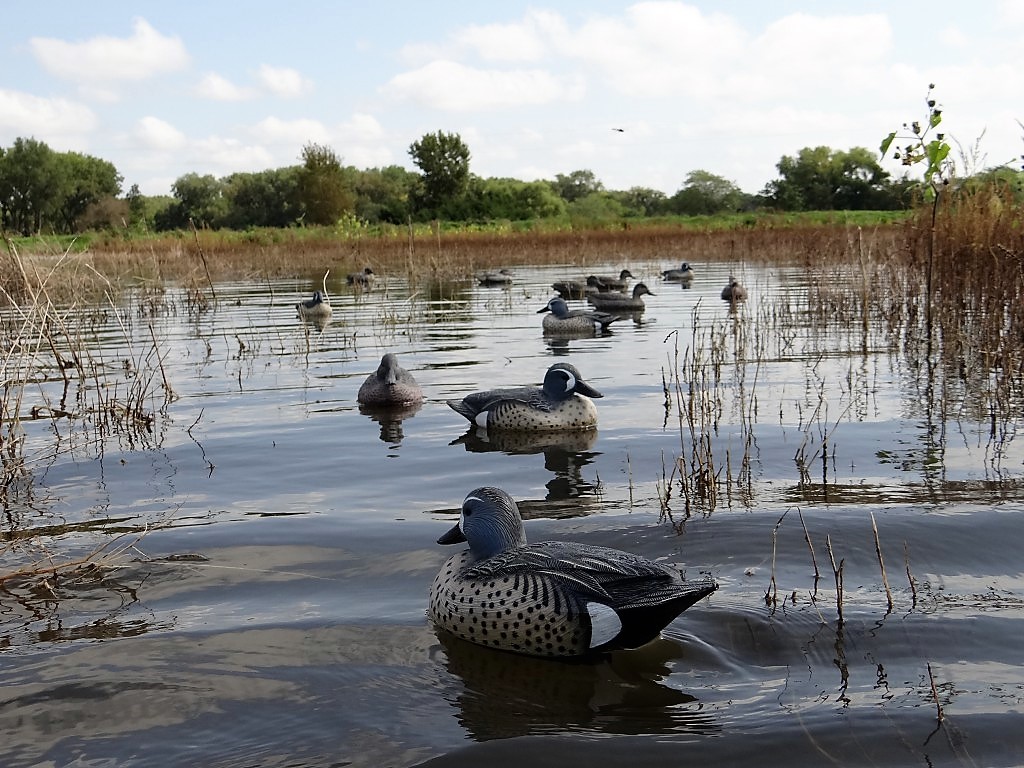
In addition, our Game and Parks biologists would increase and diversify habitat management on public areas where a lot of hunting, fishing and trapping takes place.
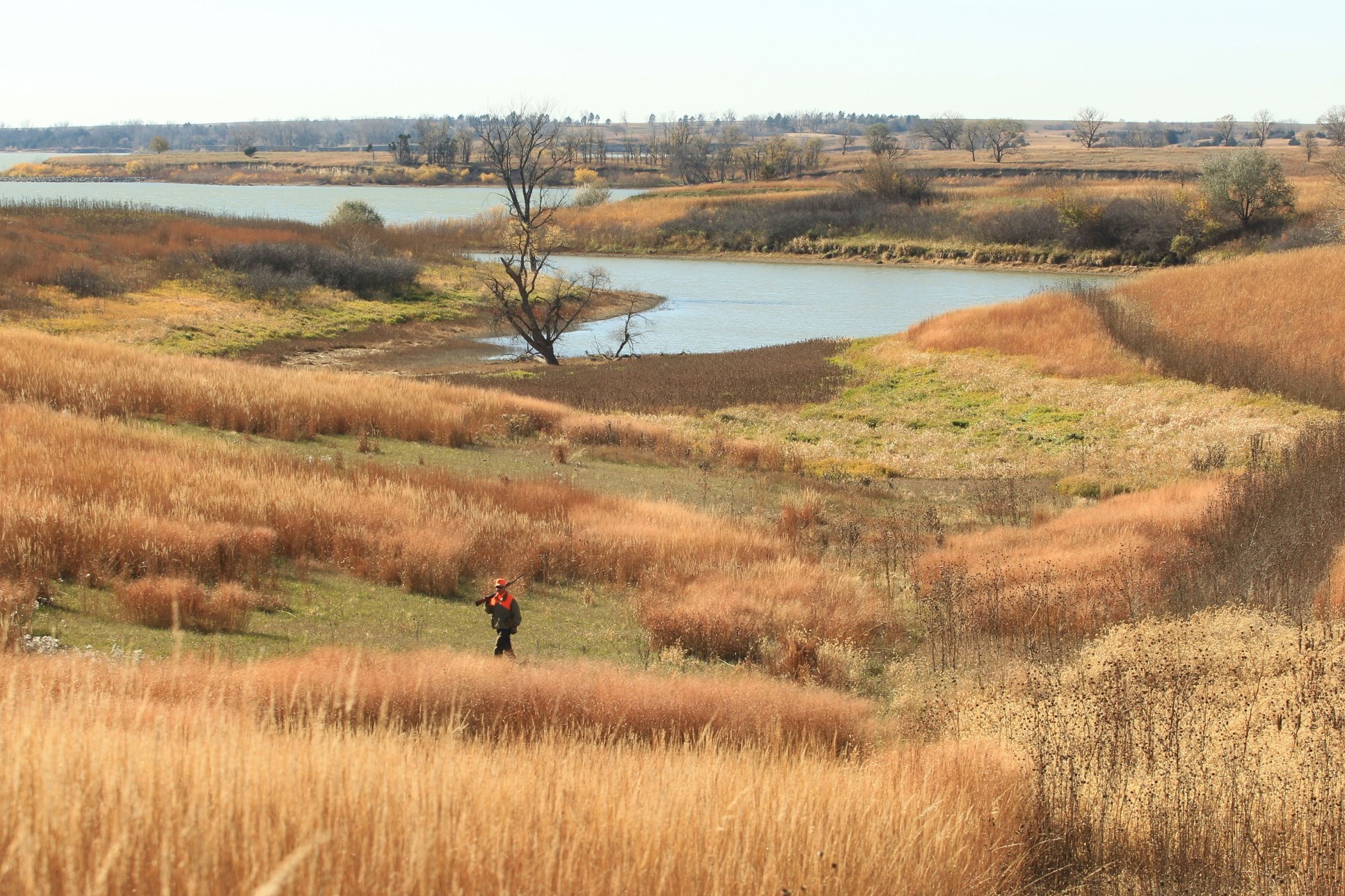
Conservation law enforcement would be eligible to receive and use these funds, further protecting the game birds, animals and fish you like to acquire.
Stream restoration work would be completed for fish communities statewide. That would translate to enhanced water quality and improved fishing action for trout and catfish plus easier access for casting lines!
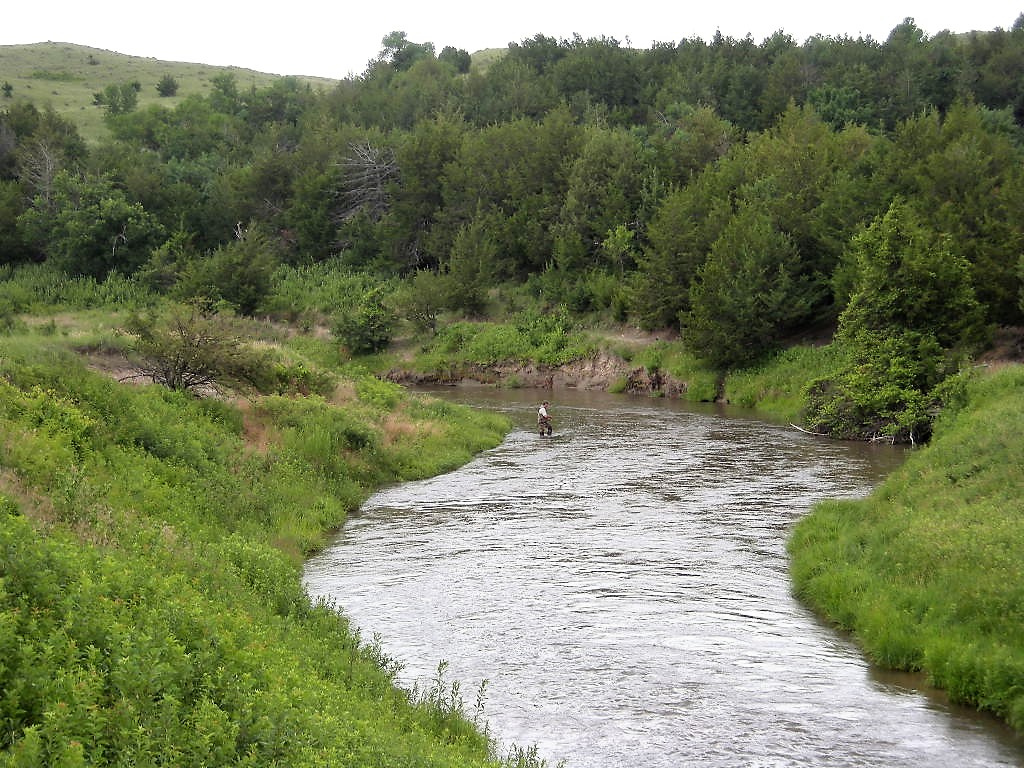
Fundamentally, this legislation would additionally work to prevent new threatened and endangered species listings and help nongame wildlife species that are not hunted, trapped or fished through proactive, voluntary, incentive-based ways with landowners.
I know what you’re thinking now: Nongame, threatened and endangered species, who the heck cares about them? So what if we lose a few of those, right?
Ah, but we must understand that, on Earth, everything is interconnected, and when enough of these connections are broken it even puts our own survival at risk.
As an example, consider the downward trend of native bees and certain other pollinating insects like butterflies, moths, beetles and ants. These animals provide pollination services essential to fruit, nut and seed production, and moreover, for nearly three-quarters of the staple crop plants that feed human kind and for more than 75 percent of all flowering plants in the world!
Plus, if you like to hunt, you need to know the upland game birds that you enjoy pursuing such as the ring-necked pheasant and northern bobwhite quail depend on the food resources provided by both pollinated plants and the adults and larvae of pollinating insects. Game birds also prefer to nest or seek shelter under plants that reproduce using the services offered by animal pollinators.
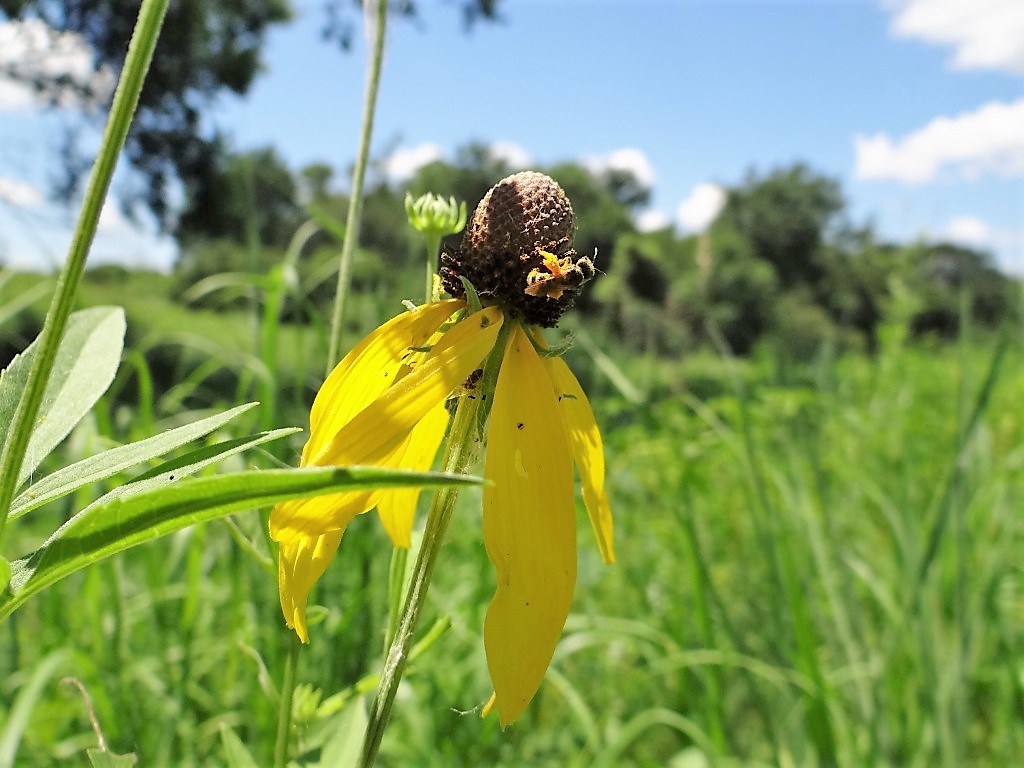
This concept of all species being interconnected or what is called “biodiversity” has been famously described with the airplane rivet analogy.
Suppose you are sitting in a plane flying through the air, and you look out the window and see rivets starting to fall out of the wing. Plane wings have massive redundancy, so you can likely lose a fair number of rivets before the wing falls off. Interestingly, engineers would have a hard time telling you exactly how many rivets you could lose before the wing falls off, but they could be certain that if rivets kept falling out at some point the wing would fall out and the plane would crash.
The situation is much the same for wildlife and the benefits we receive from nature: If you keep removing species from an ecosystem, at some point you will lose most, if not all, of the natural benefits from that site. There’s a lesson to be learned here: The various and diverse ecosystems, habitats, and plant and animal communities that make up our state are all interdependent upon one another.
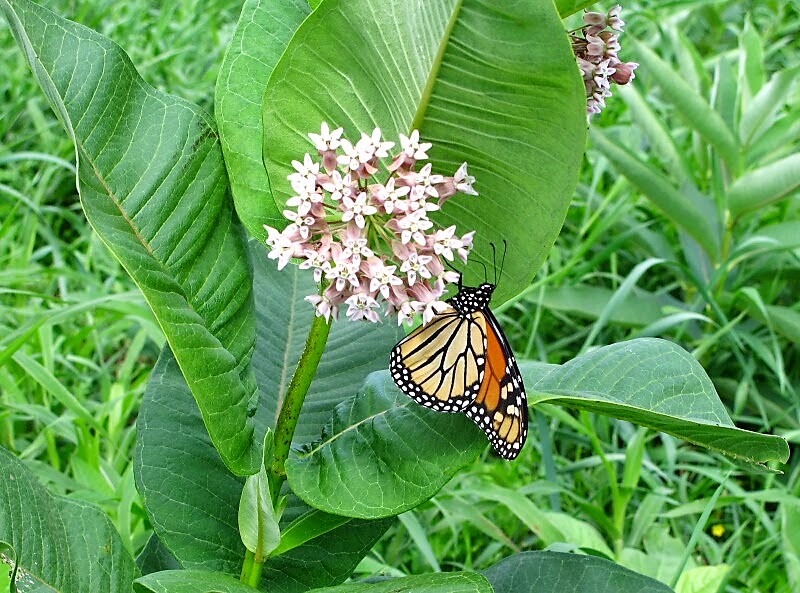
Also, when it comes to nongame, threatened and endangered wildlife, ask yourself these questions: Do you really want to be responsible for the decline or disappearance of any species and have to tell your children or grandchildren that you did nothing to prevent it from happening? Why wouldn’t you want to “keep common species common?” Why wouldn’t you want to combat invasive species that negatively influence fish and wildlife as well as your hunting, fishing and trapping outcomes?
Think about it. Look at the big picture. With the passage of Recovering America’s Wildlife Act, wetlands, prairies, forests and the plants and animals they support will be enriched and more access, more acres will be offered to fish, hunt and trap. From an economic standpoint, rural towns and cities will also reap the financial rewards of more folks coming out to repetitively utilize these new and improved natural resources.
Hunters, anglers and trappers across the country spend tens of billions of dollars annually on gear, food, lodging and a variety of other goods and services. Their spending supports our economy at every level – from coffee shops, cafes, convenience stores, gas stations and motels, to sporting goods shops, bait & tackle vendors and hardware stores in smaller communities. These expenditures directly support jobs and ripple through the economy.
I like what our very own Congressman Jeff Fortenberry said about R.A.W.A.: “By effectively putting preventative measures in place, we can now better protect habitat and wildlife from becoming lost or endangered in the first place. This will benefit farmers, hunters, anglers, boaters, birders, hikers and other wildlife enthusiasts, as well as the burgeoning field of ecotourism.”
Here are some other reasons why you need to support R.A.W.A.
*The Recovering America’s Wildlife Act comes in response to recommendations developed by the Blue Ribbon Panel on Sustaining America’s Fish and Wildlife Resources, which is chaired by former Wyoming Governor David Freudenthal, himself an angler and a hunter, and Johnny L. Morris, founder of Bass Pro Shops, which is one of the nation’s largest retailers of hunting, fishing, camping and outdoor recreation merchandise. The Alliance for America’s Fish and Wildlife now represents this broad coalition and has members from conservation and sportsman’s organizations to outdoor recreational retailing and manufacturing sectors to state fish and wildlife agencies.
*A number of conservation, hunting and fishing groups have endorsed R.A.W.A. Among them: Pheasants and Quail Forever, Ducks Unlimited, National Wild Turkey Federation, Big Game Conservation Association, Nebraska Sportsmen Foundation, Nebraska Wildlife Federation, American Fisheries Society and American Sport Fishing Association.
*The Nebraska Game and Parks Commission’s governing board unanimously passed a resolution of support for it.
*No new taxes, no tax increases and no permit fee hikes are involved with this. Revenue is generated for it from the development of energy and mineral resources on federal lands and waters. The cost doesn’t fall to taxpayers!
*H.R. 4647 has bi-partisan support in the House of Representatives with more than 50 congressmen and women from both sides of the aisle signing onto the bill.
*”We (Nebraska Game and Parks Commission and other natural resource professionals) know what we are doing. We have a proven track record of success. We have a plan in place for the funds we would get from R.A.W.A. (State Wildlife Action Plan – Natural Legacy Plan) for the greatest need of conservation efforts. We just need more money to implement the goals and objectives of the plan,” says Kristal Stoner of the Nebraska Game and Parks Commission’s Wildlife Division.
*This bill protects landowner rights and does not use eminent domain. The act would invest in proactive, voluntary, incentive-based conservation practices in a non-regulatory manner with private landowners.
*Some tens of thousands of fish and wildlife species in the U.S., and thousands in Nebraska, would benefit with this piece of legislation, if passed!
Learn how you can help with and get more information about Restoring America’s Wildlife Act by visiting these websites:
www.OutdoorNebraska.gov/wildlifeact
And, we thank you for your support!
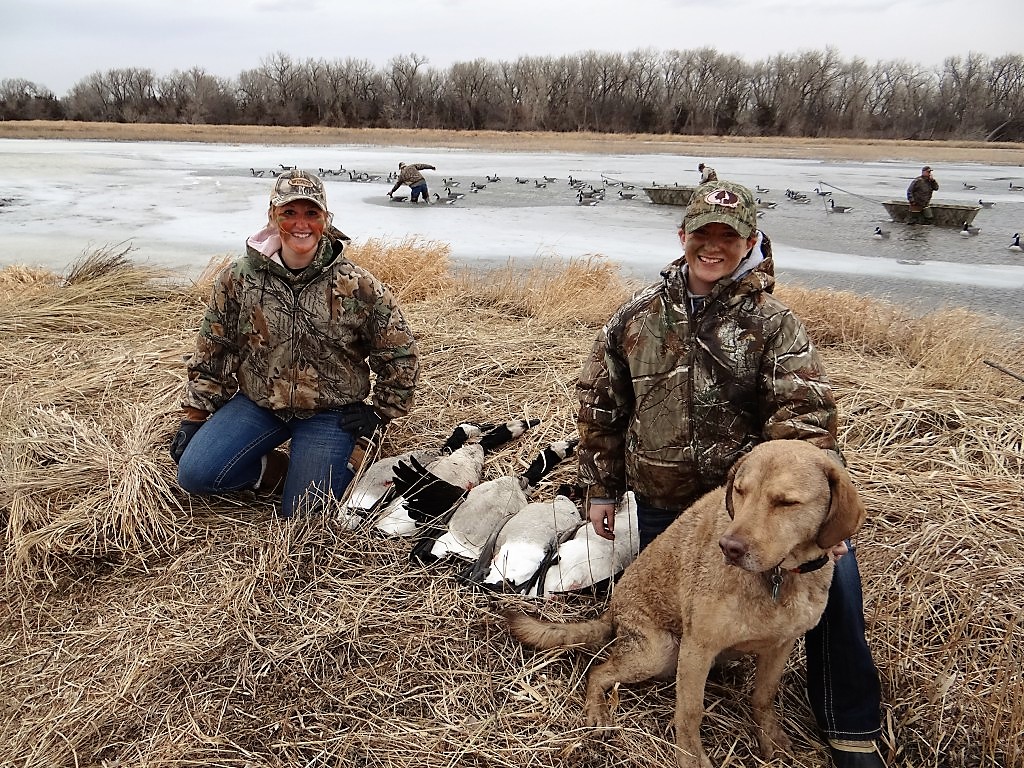
The post What Is R.A.W.A. And Why Should I Support It? appeared first on NEBRASKALand Magazine.

